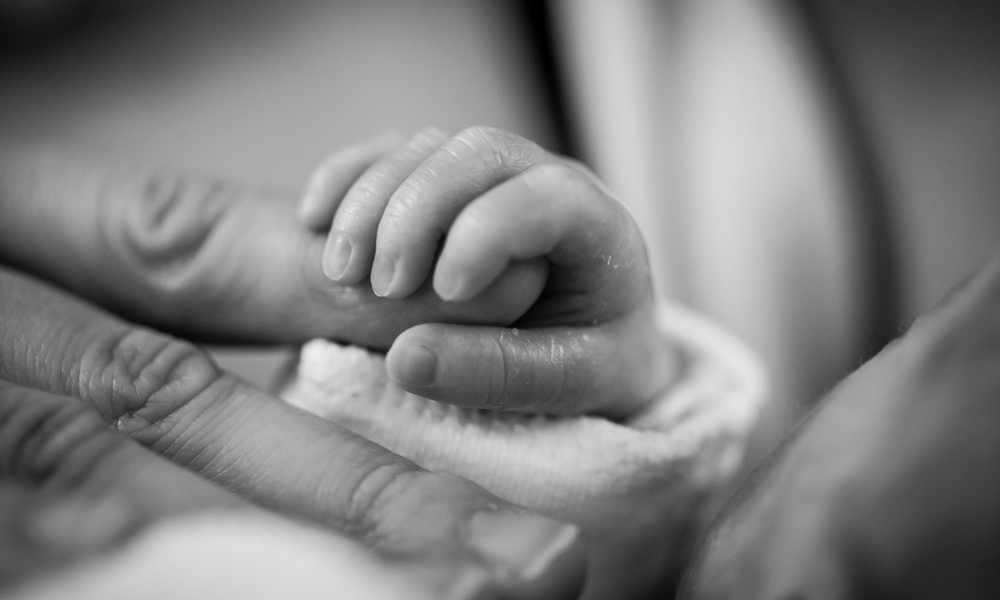
In addition to the decades of conflict and violence Afghanistan has endured, the country suffered an immense loss on May 12, when gunmen attacked a maternity ward in the capital city of Kabul. A total of 24 people were brutally killed, among them mothers, nurses, and two newborn infants. The attack lasted four hours as assailants systematically shot their way through the ward, leaving at least 20 injured, in addition to those killed, Al Jazeera reported. Following the attack on the maternity ward, some of the assailants engaged in a shoot-out with Afghan security forces resulting in death; the total number of attackers is still unknown.
While no group has yet claimed responsibility for the attack. The U.S. Special Representative for Peace, Zalmay Khalilzad, has claimed that the Islamic State of Iraq and Syria (ISIS) was behind the shooting. In a tweet, he wrote, “ISIS has demonstrated a pattern for favoring these types of heinous attacks against civilians and is a threat to the Afghan people and to the world.”
The USG has assessed ISIS-K conducted the horrific attacks on a maternity ward and a funeral earlier this week in Afghanistan. ISIS has demonstrated a pattern for favoring these types of heinous attacks against civilians and is a threat to the Afghan people and to the world.
— U.S. Special Representative Thomas West (@US4AfghanPeace) May 14, 2020
While the Taliban has denied involvement, the Islamic State has not yet commented on its involvement in the incident. According to BBC News, ISIS has confirmed it was behind another attack that occurred later on the same day, targeting the funeral of a police commander in Nangarhar. Thousands had gathered for the funeral, halfway through which a suicide bomber detonated their device, killing 32 people and injuring 133. In an airstrike on the same day, 10 more people were murdered and many others injured in the northern Balkh province. The Afghan Defence Ministry has maintained that victims of the airstrike were militants, while residents and the Taliban have claimed they were all civilians.
[Read Related: Kasur, Pakistan is Surviving a Brutal Epidemic of Child Abuse Dating Back 13 Years]
According to VOA News, The maternity ward was part of a hospital opened in 2014 by Médecins Sans Frontières (MSF) in Dasht-e-Barchi, a neighborhood populated primarily by Hazaras—a Shiite ethnic group. Attacks on Shia-majority areas in the past have been attributed to the Islamic State, which, like the Taliban identifies itself as Sunni Muslims. However, the Taliban has not perpetrated deliberate sectarian attacks on the Shia community on the same scale as the ISIS, which considers the minority group polytheists and heretics.
Frederic Bonnot, MSF Head of Programmes in Afghanistan, described the most chilling details of the attack in a statement, calling it “methodical” and “a systematic shooting of the mothers.” The attackers entered the hospital wearing police uniforms during the day and began throwing grenades and shooting. Approximately 140 people were inside the hospital at the time of the attack. A doctor who was able to escape the assault told AFP News the hospital was experiencing “total panic” and chaos. While there were other buildings and wards closer to the hospital entrance that the gunmen entered from, MSF staff present at the time of the attack said that the assailants went straight to the maternity ward.
“During the attack, from the safe room, we heard shooting everywhere and explosions too… They came to kill the mothers,” Bonnot said.
In total 26 mothers were reported hospitalized in the ward at the time of the attack, MSF said in a statement. While 10 victims managed to find shelter in safe rooms during the attack alongside healthcare workers, 11 were killed and 5 suffered injuries. Three of the 11 killed were in the delivery room with their unborn babies at the time of the attack. Among the fatalities were two baby boys, as well as an MSF midwife from Afghanistan. The 19 newborns who survived the attack were transferred to the nearby Ataturk Children’s Hospital. Those who lost their mothers in the attack are to be placed in the custody of relatives, Atiqullah Qaati said, head of Dasht-e-Barchi Hospital.
According to BBC News, one of the two newborns who died in the attack was a baby boy named Omid. The name, meaning “hope” in Dari, was chosen by his mother Zainab, who as a result of difficulty had taken seven years to conceive. Her long-awaited child was only four-hours old at the time of his death.
[Read Related: #EmergencyinJNU: why the Recent Attack at Jawaharlal Nehru University Links to Narendra Modi’s far-Right Agenda]
Another woman gave birth during the attack while hiding in a room with other pregnant women and hospital staff, Al Jazeera reported. A midwife who helped deliver the baby girl described the mother trying not to make any noise despite being in pain and putting her finger in the newborn baby’s mouth to stop her from crying. The midwife severed the umbilical cords with her bare hands while the women in the room used their headscarves to wrap the baby and the mother.
The Dasht-e-Barchi hospital attack will undoubtedly alter the trajectory of Afghan peace talks, which were initiated earlier this year. In February, a troop withdrawal agreement was signed between the U.S. and the Taliban, aimed at ending the 18 years of war that have devastated the country. According to Al Jazeera, The U.S.’s post-Sept. 11 invasion of Afghanistan and the ensuing years of conflict have resulted in the deaths of more than 100,000 Afghans since 2009, when the UN Assistance Mission began documenting casualties.
As part of the recent agreement, the Taliban agreed to enter talks with the Afghan government, something they had previously refused to do. Following the recent attacks, Afghan President Ashraf Ghani ordered the military to begin executing offensive operations against the Taliban. The Taliban, in response, called Ghani’s statement a “declaration of war,” The Washington Post reported.




